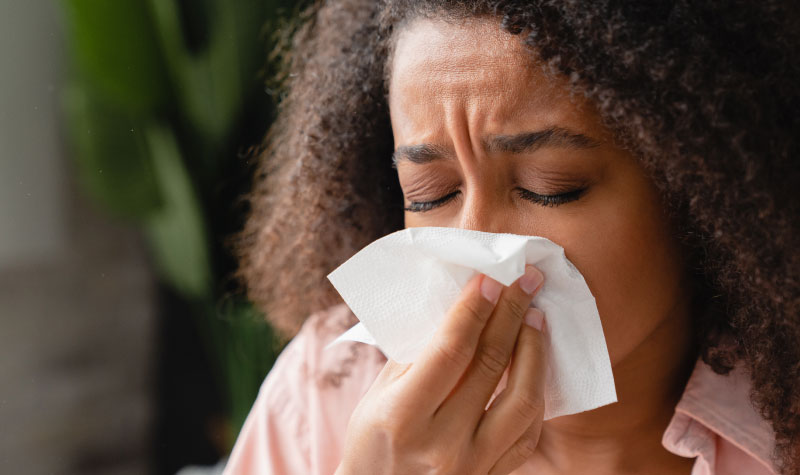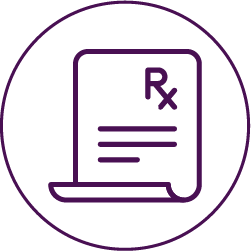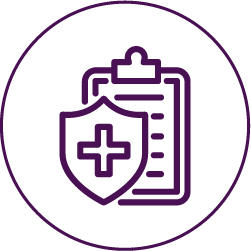
Stay safe and healthy when you travel.
Which immunizations do I need to go to another country?
Where can I find a travel clinic?
Travel clinics are your go-to resource for everything travel related. Utah’s travel clinics can help with everything from immunizations to a list of what to pack for your trip.
How do I stay safe when I travel?
Stay alert and aware of your surroundings. Use the same common sense when you travel that you would at home.

What if I get sick after I travel?
You may get sick during travel but not have symptoms until you get home. Talk to a doctor or healthcare provider if you feel sick after you travel—especially if you have a fever.
Can I drink the water in another country?
Food and water that isn’t clean can cause diarrhea and other diseases. Reduce your risk by sticking to safe food and water habits.
How do I get medical care when I travel?
It’s important to know how you will get medical care if you get sick or have an emergency when you travel.
Is it safe to touch animals in another country?
No. Most animals avoid people. However, animals may attack if they are hurt, sick, feel threatened, or to protect their territory or babies. Animal bites and scratches can lead to serious diseases such as rabies.
How do I protect myself from diseases I can’t get immunized for?
Take steps during travel to stay safe and healthy and avoid experiences that might ruin your trip.
Is it safe to go to another country for a medical procedure?
Millions of US residents travel to another country for medical care each year. But this can be risky. Make sure you understand the risks before you schedule a medical procedure outside the U.S.

Should I buy travel or medical evacuation insurance?
You may want to get travel insurance to cover yourself in case delays, accidents, or illness occur on your trip.
Your health insurance may not cover medical care in another country. Some types of travel insurance help you cover costs if your travel is canceled or disrupted.
How long does it take to get a passport?
It usually takes between 10 and 13 weeks to get a passport. You can pay extra to get it in 7 to 9 weeks.
Which immunizations do I need to go to another country?
Each country has different immunization requirements to enter the country. Make sure you’re up-to-date on the immunizations you need for your trip.
Why should I get immunized before I leave the U.S.?
It takes about 10 days for most immunizations to start to work and build immunity to disease. And you need more than a shot to protect you from many diseases. This means it may take 6 months or more to protect you from some diseases. Find out which vaccines you’ll need as soon as you know your travel plans. Immunity to disease may be the most important thing you bring with you!
Do I need a booster for immunizations I’ve already had?
You need a booster dose later in life for most of the immunizations you got as a child to stay protected.

Medical waivers
There are certain medical conditions which may prevent a person from receiving a yellow fever vaccination.

Did you know some over-the-counter and prescription medicine may be illegal in other countries?

Travel clinics make it easier to plan your trip.

Did you know motor vehicle crashes are the #1 killer of healthy U.S. citizens in foreign countries?